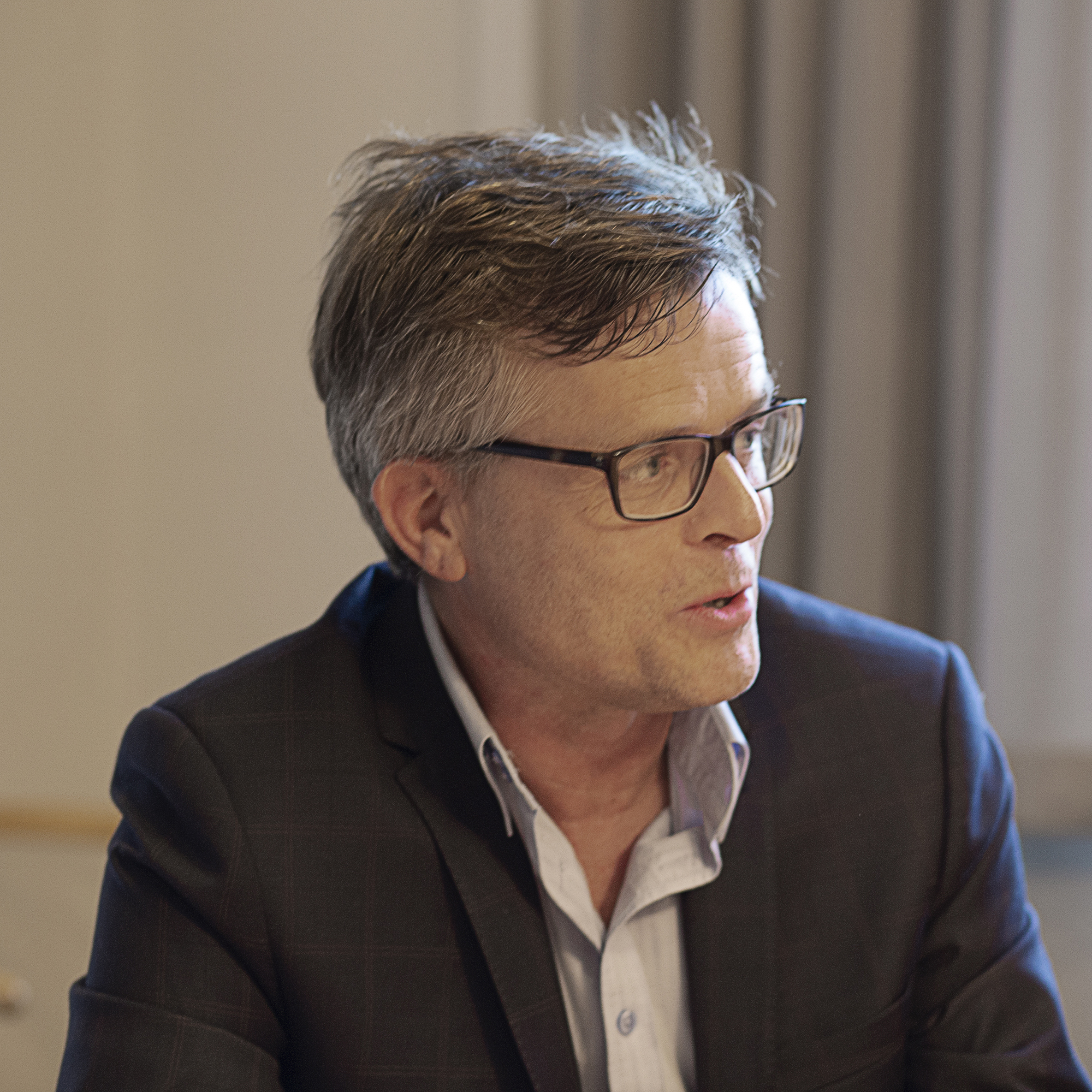End-of-year message from Vice-dean Per Baltzer Overgaard
For Vice-dean for Research and Talent Development Per Baltzer Overgaard, 2018 was a year in which Aarhus BSS proved what we are capable of in terms of external funding. However, it was also a year in which a bleak political decision was made.

What would you like to highlight from the year gone by at Aarhus BSS?
I’d actually like to start by making a dismal observation that not only applies to Aarhus BSS, but to all Danish educational institutions - that is the degree programme resizing of international students. In fact, this is one of the worst political decisions I’ve seen during my 30 years in academia. Denmark is a small country, and just as we’re dependent on international trade, we’re also dependent on trading human capital and human talents. If Danish universities are refused this opportunity, it will be detrimental to our research and our degree programmes. I say this in my capacity as vice-dean and as a researcher.
On a more positive note, 2018 was the year in which we turned the curve here at Aarhus BSS in terms of external funding - one of our main focus areas for the past years. A lot more of our researchers have succeeded with their applications for external funding from small as well as large foundations. This is a very positive development, particularly as competition for funding has become even fiercer.
What are you looking forward to the most in 2019?
I’m looking forward to continuing our good work regarding external funding. I think that the positive figures from 2018 are partly due to our introduction of a more systematic approach to external funding - at school as well as at department level. We have to sustain and continue this effort.
During 2019, we have to explore the many private Danish foundations that offer a huge potential. There are a wealth of very different foundations, and this makes it a very complex ocean to navigate. However, private foundations often offer researchers more opportunities and more flexibility than, say, the EU foundations. These are often tied to specific instruments, budgets and tight schedules, etc. Private foundations have a different approach, and if they believe in your idea, you’ll have a much greater degree of freedom.
When I visit the departments, I’m often asked about these foundations, so the interest is definitely there. Now we simply need to intensify our efforts, because this is exactly what our competitors are doing as well. For that reason, we need to target our efforts to establish good connections and develop a more systematic approach to the Danish foundations. Here our new Associate Dean Ulrik Federspiel will be able to contribute with his knowledge and his network.
Do you have any final words for the employees?
I’d like to acknowledge the great efforts that have been made at the school this year in terms of external funding and much more. I’d also like to thank the internal interdisciplinary peer review team, which we established at the start of the year. The members have all taken their responsibility very seriously and have done a great job.
The researchers that have been through the review process have found it very helpful to get feedback from scholars outside their own academic field. The process strengthens the application as it helps applicants improve their scientific arguments, offers new inspiration and allows them to target their applications to a broader academic audience. And this is absolutely key when you consider the fact that real-life assessment committees are also broadly composed.